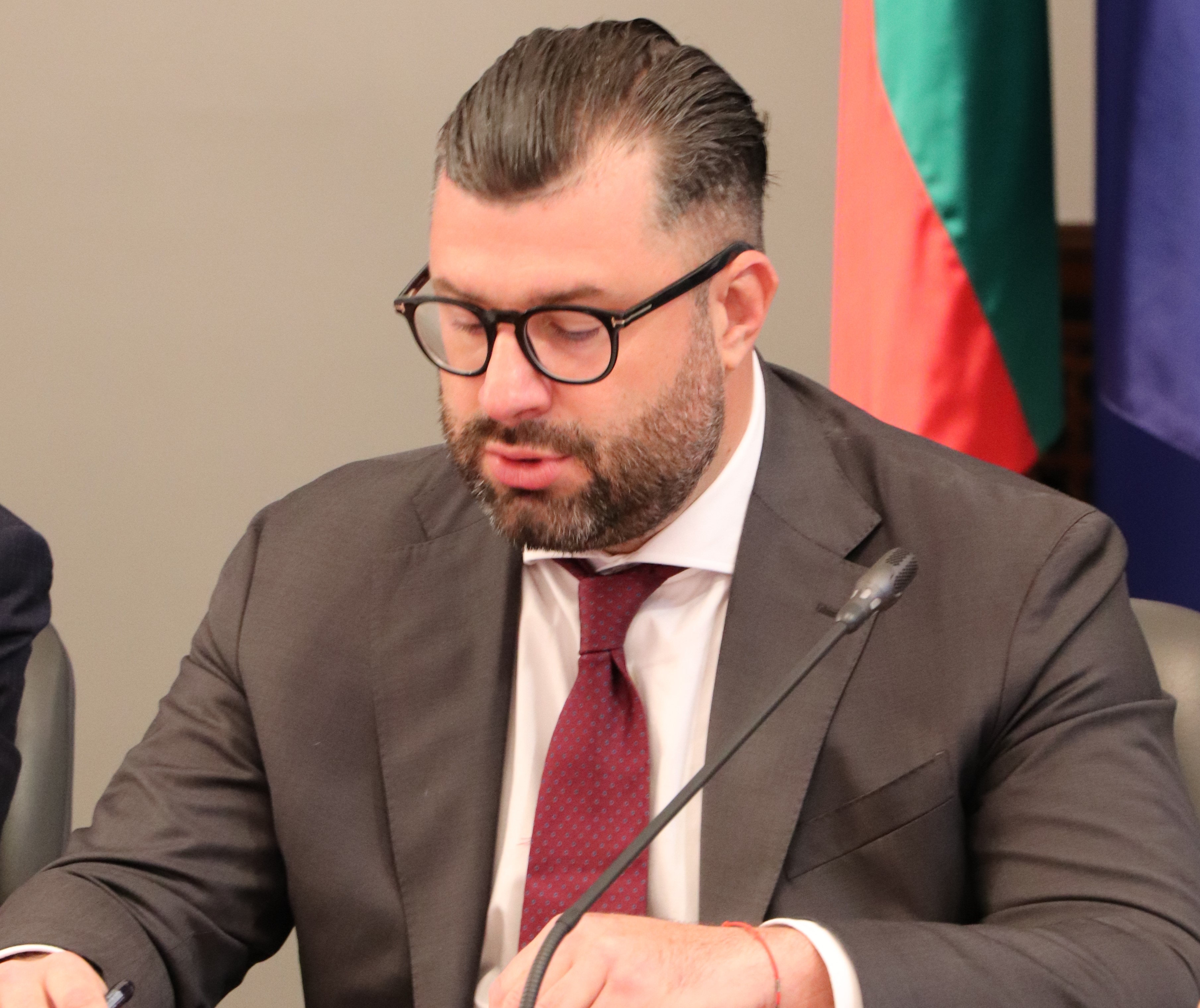Deputy Minister Metodiev: Introduction of the Euro is a Key Step towards Bulgaria’s Full Integration into the European Union

09.05.2023
“The introduction of the euro is a fundamental change that will bring a number of economic benefits for Bulgaria. It will support a faster economic development, which is ultimately the course for better life of every Bulgarian citizen. Last but not least, adopting the common European currency is a sign that our country belongs to the European concept”. This is what the Deputy Minister of Finance Metodi Metodiev said on Europe Day during the conference entitled “The role of the organised civil society in the process of Bulgaria’s accession to the euro area” organised by the Economic and Social Council to the National Assembly.
The caretaker government continued working at accelerated rates on the country’s preparation for euro area membership in line with the National Plan for Adoption of the Euro in the Republic of Bulgaria adopted by the Council of Ministers in May 2022. Mr. Metodiev assured that our country was making all possible efforts to be ready to adopt the euro not later than 1 January 2025. A special Law on the Introduction of the Euro in the Republic of Bulgaria was being prepared and a draft new Law on the Bulgarian National Bank regulating the functioning of the Central Bank within the euro area was to be submitted to the Council of Minister for approval and to the National Assembly for consideration. The administration was also working for the full implementation of the measures under the action plan for the fulfilment of the subsequent commitments following the accession of the Bulgarian lev to the ERM II.
The Deputy Minister further explained that along with the technical preparation for membership, the Maastricht criteria had to be met as well, with the key challenges now being curbing the inflation and sticking to stable public finance, notably confining the budget deficit below 3% of GDP. He underlined again that the role of the political parties in the parliament was key in this respect, and that the draft 2023 State Budget of the Republic of Bulgaria Law proposed by the Council of Ministers at the end of April took account of the fiscal impact on the budget framework parameters in a scenario where the policies set in the 2022 Budget Law and its subsequent revision were kept, as well as the political cycle related to holding early parliamentary elections at the end of 2022 and the beginning of 2023. The purpose was the 49th National Assembly as the law-making and supreme body of state to incorporate its views of the budget and of the policies therein, for which the Ministry of Finance was totally committed to render support. Mr. Metodiev reminded that the Ministry was ready with the measures on the revenue and expenditure side evaluating the annual fiscal impact which could be discussed by the National Assembly and, assuming they got the necessary political support, could help bring the deficit below the 3% limit.
“Sticking to a more conservative fiscal policy, of course, is equally important not only for the introduction of the single European currency in our country but for the stability of the Bulgarian economy in the current dynamic financial and geopolitical context”, the Deputy Minister added. He pointed out that the new challenges required the parallel implementation of monetary and fiscal policies. “The prudent fiscal policy and the limitation of budget expenditures will support the efforts to curb the high inflation and the accumulation of a smaller deficit the financing of which becomes more and more expensive with higher interest rates. Furthermore, it is good to know that the European fiscal rules will continue be effective again after they were temporarily suspended because of the COVID crisis”, Mr. Metodiev said.